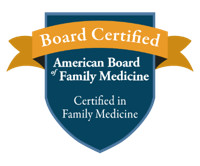Defining Emergency
StorytellERdoc
JULY 10, 2014
I originally wrote this piece in December, 2010. When a critical illness or injury occurs, then, we should all be thankful that we live within a society where emergent, life-saving medical care is available. Within minutes, all of these critical patients had been treated with efficient, appropriate life-saving care.
















Let's personalize your content